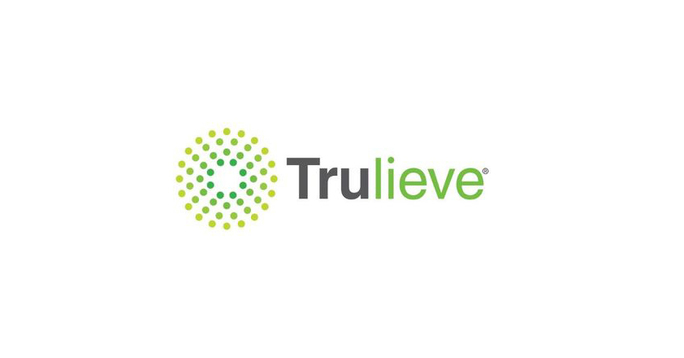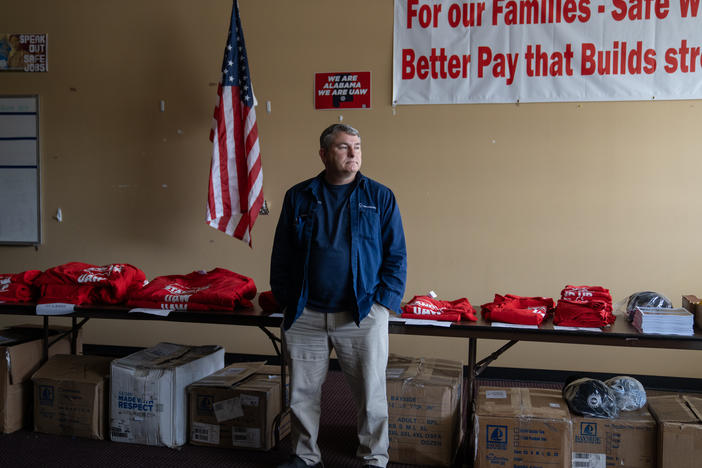I can remember the first time I drank a beer. We were gathered in the backyard for a sleepover at a friend’s place. With a fire going and our sleeping bags rolled out, the friend presented us with his loot. He had nabbed a few of his father’s beers over time, one here and one there, so his father wouldn’t notice.
He presented each of us with a tall can of warm Budweiser. It was the rite of passage. Boys trying to act like men. We pulled the tabs and the suds came out. With a salute to each other, we took our sips.
I hated it.
Couldn’t believe people drank this shit.
But to look cool with the other buddies, I took a gulp like the rest of them and did my best to keep it down. When they weren’t looking, I would casually let a little pour on the ground until the can was empty and my juvenile ego was saved. I will occasionally enjoy a good beer but since that time and in order of preference, coffee is much higher on my list than beer.
A few years later, I partook of grass for the first time. That’s what we called it. I honestly cannot remember a time from the age of 17 to adulthood when I did not know someone who smoked grass. It was always there, always available, from someone you knew or someone who knew someone else. It was the same with alcohol before you turned 21. There was always a person over age or with an older brother to barter with. Still, it always struck me odd when one product became legal at 21 while the other remained hidden but equally used.
Some things need sanctioning because of their addictive or dangerous properties, yet the perceived threat of marijuana strikes me as the typical example of a cultural bogeyman. Much of what we take for normal comes from ritual, practice, and whims carried over time. We and everything we do is very much a product of happenstance. Because this event happened or these people were in power or a particular leader said yes or no.
Sometimes the decisions were based on risk and security. Other times they were simply for control. Don’t touch or eat this. Stay away from that place or those people. Don’t say this, do this, or think this. Many an innocent person has been murdered on the wheels of history for the cultural impulses of others.
Change can be dangerous stuff.
That’s why people freak out.
If a father, a mother, a church, or a law spoke for decades against something, and suddenly it starts to become more accepted, that’s a lot of mental lifting to overcome. No one wants to feel that they were on the wrong side of history or that their parents or social bubble were wrong.
But progress in the world comes from the freedom to think. That’s where science and research came from. Once our minds were let loose, many things once considered taboo were brought into the light.
Marijuana is one of those issues. Our culture has done a historical injustice to its use and users. Like alcohol, it has gone the long route of use, prohibition, and finally to be accepted in many places within legal limits. This for a naturally grown plant, similar to tobacco, used around the world for thousands of years.
If you’re like me, you know of someone who has been arrested or charged with possession. You’ve seen the cost, the waste of time, and the long shadow of having “a record”. In comparison, you also realize the damage that more potent drugs have done.
Marijuana's journey from a vilified substance to one increasingly accepted highlights the maturing acceptance of our culture. That’s a good thing. There are many opportunities ahead if we greet them with care and optimism. As we move forward, it is also an opportunity to address historical injustices and ensure equitable policies that benefit all communities.
You as the leader must see the past as a guide for the future.
Quick NO BS Hits
Could social media take away time and years like cigarettes and cancer have? The Surgeon General thinks so.
Zero accreditation, zero accountability, and zero transparency. Know the facts, not the ideology.
A white ballplayer in the Negro Leagues? It happened. Real leadership knows no color.
Once you realize the amount of wreckage left by focusing on such an underwhelming act as possessing cannabis, you must question what the stall has been to legalize it.
Several sources have proffered that cannabis has historically been used by law enforcement as a gateway to discover other possible criminal activity. My brother’s long relationship with being on the wrong side of the law revolved around self-medicating. His crimes were more against himself. I often wonder had he been better diagnosed at an earlier age, whether proper prescriptions or access to medical cannabis would have assisted him.
The social contract of marijuana legalization cannot be overlooked. A lot of wrongs have been proferred on predominately victimless crimes. The news this week on the Governor of Maryland pardoning convictions for tens of thousands will only be the beginning. While a democracy doesn’t survive without being a nation of laws, we do have a history of using law with less than honorable intentions.
The long road to legalization has left some holes in places where we need more research, but there is a consistent body of evidence being produced that cannabis does not result in more crime, but it does show relief for patients suffering from PTSD or even some forms of autism.
I think of my father-in-law who needed his painkillers in his final years, easily prescribed over and over by his doctors. I wonder now whether he would have received the same relief more affordably with legal cannabis. Seniors make up the largest market of medical marijuana now and from a cost effective perspective, it makes a lot of sense.
I want to see marijuana studied, legalized, and regulated, much as any other medicine or intoxicant, and leave our crime fighting to real problems. If we must look for criminal elements in the drug market, let’s remember the real damage done over the last twenty years.
Full disclosure. I own some Trulieve stock. Not enough to quit a day job. Just a simple investment. After many years, the people of Florida are going to decide on legalization. There will be many positives from this, though there needs to be room for “local brews” and “micro-brewing” operations similar to alcohol. There needs to be room for mom-and-pop level production allowance. States such as New York have gone this route, working to address historical inequities. More on this after the video in the next piece.
For readers in the West, this is probably nothing new. Over here in Florida and the East Coast, this is still a relatively new industry. This is a great short video on a Florida-based company and how it grows its product and gets it to market. The legalization of recreational marijuana comes up in November and companies like this stand to do well.
Here’s the No BS part. Legalization has been long overdue and is decades behind the same market regulations for alcohol. While alcohol has a market for microbreweries, I'm disappointed that there hasn't been more effort to enable local mom-and-pop operations to cultivate and sell cannabis. The political control that has shaped the legal market may ultimately harm it. Just as we have seen in states with legalization, if the regulation becomes too strict and the price too high, the “illegal” market for cannabis will not go away.
The retail market, if supported and fully established, is expected to generate annual state and local tax revenues of at least $195.6 million and as high as $431 million. If smaller operations are allowed to flourish, I think it could be much higher. Watch the great video in this piece.

In 1991, I spent a summer in Japan living with a wonderful family outside of Osaka. It was the first time I’d ever seen a fancy toilet, with controls to change the temperature of the seat and to turn on the wand-water pik contraption that comes out to clean your underside.
The only thing missing was a seatbelt.
It would be many years before I ever sat on such a thing in the United States. Now, some of this is more common in private bathrooms. This is an interesting article about changes coming to a product that everyone uses, and the first enormous advances are going to be focused on medicine/healthcare. Does it seem a little out there?
Maybe.
In the future, we will witness a continued redefining of single-use features that we are accustomed to, now being converted into multipurpose uses. Appliances, autos, food, infrastructure, and homes. Why build something for one use when you can do two or three things? This will be a much better use of products but the primary issues will remain affordability and sustainability.
I include this piece because unions have had a couple of big wins this year. However, we are nowhere near the levels we were at when we had a vibrant middle class. If you are uncommitted on unions, that’s ok, but read up on some of the battles. Consider the state of the economy and what has changed in your lifetime. What will change in your children’s lifetime? What is it they should be able to depend upon? A decent job? Healthcare? Decent wages? Keep these things in mind and, as an extra balance, give this longer piece on wealth a read.
Our culture should prioritize battling against greed, and the greatest shift will occur when we disconnect healthcare from employment, making it a universal right. The enlightened mind will see the investment in its citizenry and future generations for what that is. I see many of these curtailed freedoms, especially what you do with your own body, as the last gasps of an American model that has become more corporate than democratic. See it, recognize it, and push back with your voice and your actions.
Hope to see you next time. In recognition of this issue, we have a specially designed shirt to support Amendment 3 available in the t-shirt shop. Keep reading, practice your gratefulness, be involved, and remember:






